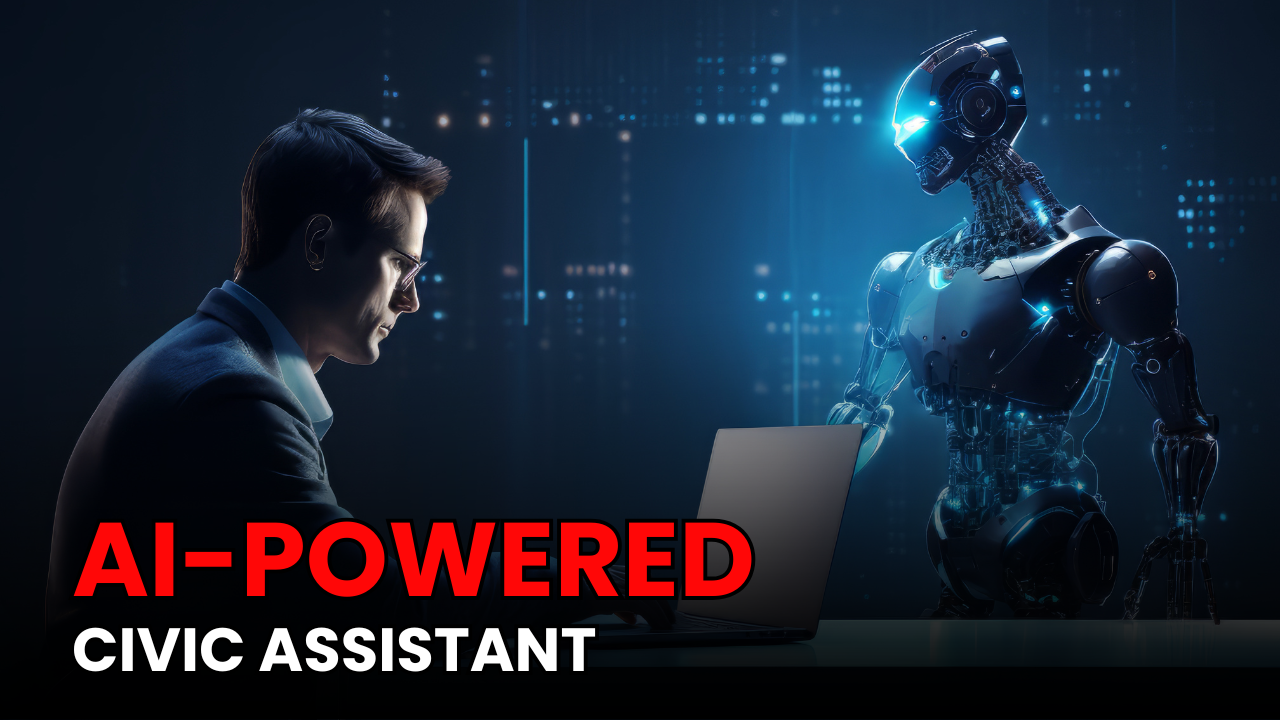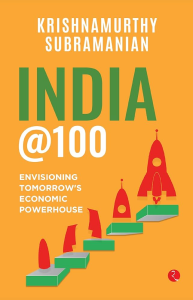AI-Powered Civic Assistant: Transforming Public Grievance Redress in India
AI-Powered Civic Assistant: Unlocking Citizen-Centric Innovation in India’s Grievance Systems
Context: India’s rapid tech growth contrasts with fragmented, inefficient public service delivery. While the private sector excels in user-centric solutions, grievance redressal remains complex and exclusionary. A National AI-Powered Civic Assistant offers a transformative solution—enabling citizens to report issues in simple language via a unified chatbot interface. This aligns with India’s vision of tech-driven, inclusive governance.
Rationale: Why India Needs an AI-Powered Civic Assistant
- Gaps in Existing Platforms
-
- Current systems like CPGRAMS, MCD 311, Green Delhi, PuraSeva (Andhra Pradesh), and Janahita (Karnataka):
- Require users to navigate confusing categories and formal workflows.
- Expect citizens to identify departments, which is not always clear.
- Often need formal language, images, or app downloads.
- Have outdated interfaces and inconsistent performance, leading to abandoned complaints.
- Current systems like CPGRAMS, MCD 311, Green Delhi, PuraSeva (Andhra Pradesh), and Janahita (Karnataka):
- Inaccessibility for Marginalised Groups
-
- These systems pose challenges for:
- Digitally illiterate populations.
- Those unfamiliar with bureaucratic language.
- Citizens in rural and semi-urban areas lacking digital resources or connectivity.
- The result is a systemic exclusion from grievance redressal mechanisms.
- These systems pose challenges for:
The Vision: Building a National AI-Powered Civic Assistant
- Conversational Interface Powered by Large Language Models (LLMs)
-
- Citizens can report complaints via typed or spoken natural language.
- The assistant will:
- Interpret informal complaints, map them to the correct department.
- Auto-generate formal submissions.
- Eliminate the need to learn bureaucratic jargon or download specific apps.
- Unified and Seamless User Experience
-
- Entire process integrated into a single chatbot interface:
- Removes need for complex navigation.
- Includes voice recognition for greater linguistic and regional inclusivity.
- Enables real-time feedback and updates.
- Entire process integrated into a single chatbot interface:
- Accountability Through a Public Civic Dashboard
-
- A real-time, centralised dashboard accessible to the public:
- Lists complaints area-wise and department-wise.
- Shows status, issue-type, and pendency duration.
- Encourages transparency and peer accountability.
- A real-time, centralised dashboard accessible to the public:
- Data-Driven Governance Outcomes
-
- Enables:
- Performance comparisons across panchayats, wards, and departments.
- Time tracking of issue resolution.
- Identification of recurring problems and clusters for targeted intervention.
- Enables:
Role of Government: Why It Must Take the Lead
- Limitations of Private Innovation
-
- While some start-ups have developed:
- Chatbot-based grievance redressal tools.
- Complaint-tracking dashboards.
- These efforts suffer due to:
- Lack of visibility, scalability, and citizen trust.
- Fragmented nature and absence of integration with public governance systems.
- While some start-ups have developed:
- Need for Public Awareness and Legitimacy
-
- A government-led initiative ensures:
- National credibility and citizen trust.
- Mass adoption through campaigns like Swachh Bharat Abhiyaan or Give Up LPG Subsidy.
- Equitable outreach—“The system should reach the citizen, not the other way around.”
- A unifying slogan: “One Nation, One Civic Dashboard” can drive awareness and participation.
- A government-led initiative ensures:
Subscribe to our Youtube Channel for more Valuable Content – TheStudyias
Download the App to Subscribe to our Courses – Thestudyias
The Source’s Authority and Ownership of the Article is Claimed By THE STUDY IAS BY MANIKANT SINGH


